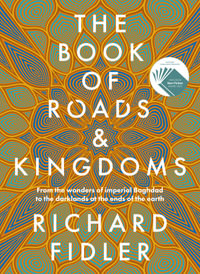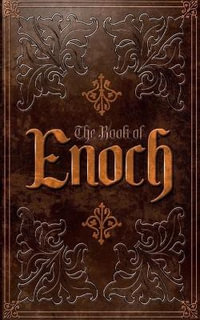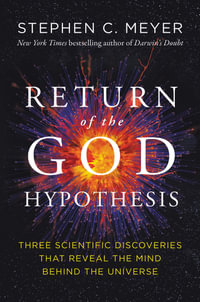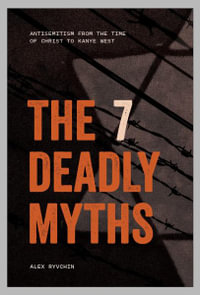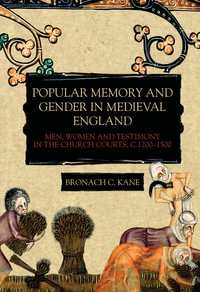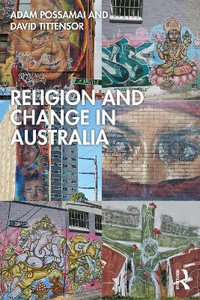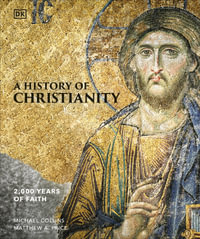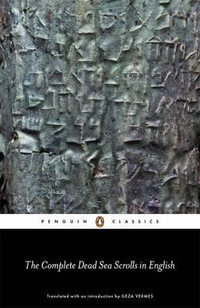Matthew Bowman explores the world of a neglected group of American Christians: the self-identified liberal evangelicals who began in late nineteenth-century New York to reconcile traditional evangelical spirituality with progressive views on social activism and theological questions. These evangelicals emphasized the importance of supernatural conversion experience, but also argued that scientific advances, new movements in art, and the decline in poverty created by a new industrial economy could facilitate encounters with Christ.
The Urban Pulpit chronicles the struggle of liberal evangelicals against conservative Protestants who questioned their theological sincerity and against secular reformers who grew increasingly devoted to the cause of cultural pluralism and increasingly suspicious of evangelicals over the course of the twentieth century. Liberal evangelicals walked a difficult path, facing increasing polarization in twentieth-century American public life; both conservative evangelicals and secular reformers insisted that religion and science were necessarily at odds and that evangelical Christianity was incompatible with cultural diversity. Liberal evangelicals rejected these simple dichotomies, but nonetheless found it increasingly difficult to defend their middle way.
Drawing on history, anthropology, and religious studies, Bowman paints a complex portrait of these understudied Christians at work, at worship, and engaged in advocacy in the public square.
Industry Reviews
"Another fine addition to the suddenly booming historiography on the protestant mainline...Its richly textured account of liberal evangelicalism will equip historians to teach and write more carefully about the so-called fundamentalist-modernist controversy...This is a well-written and cogently argued book, which should be of great interest not only to religious historians but also to anyone fascinated by the cultural history of the modern American
city."--Church History
"Matthew Bowman masterfully brings a host of religious activists to life, including Sunday school teachers, preachers, reformers, and revivalists. Their cacophonous voices shaped the contours of faith in progressive-era New York City and across the nation. This beautifully written, well-researched, lively, and smart book challenges what we think we know about American Protestant liberalism, evangelicalism, and the relationship between the two." --Matthew Avery
Sutton, author of Aimee Semple McPherson and the Resurrection of Christian America
"With impeccable research and clear prose, Matthew Bowman recreates the world of late-nineteenth-century New York Protestantism, rooting both modernists and conservatives in a common evangelical attempt to adapt to the new culture of urban America and find a way to Christianize what had become to them a foreign environment." --John G. Turner, Professor of History, University of South Alabama
"Fundamentalists loom large in the telling of American religious history today, and under their shadow liberalism is often portrayed as a tepid and secularized version of the evangelical tradition, a capitulation to the modern world. This cogent and well-written book shows us something new, an emerging liberal Protestant style that still maintained ties to the old evangelical understanding of salvation and transformation, but in a framework developed to speak
to the diverse social realities of turn-of-the-century American culture. Bowman's book is a solid and much-needed exploration of the subtleties of modern Protestantism." --Margaret Bendroth, author of
Fundamentalists and the City: Conflict and Division in Boston's Churches, 1885 to 1950
"A very It is a richly researched work that illuminates in new ways aspects of the divisions
within American Protestantism that became public in the late 1920s."--The Journal of Religion

